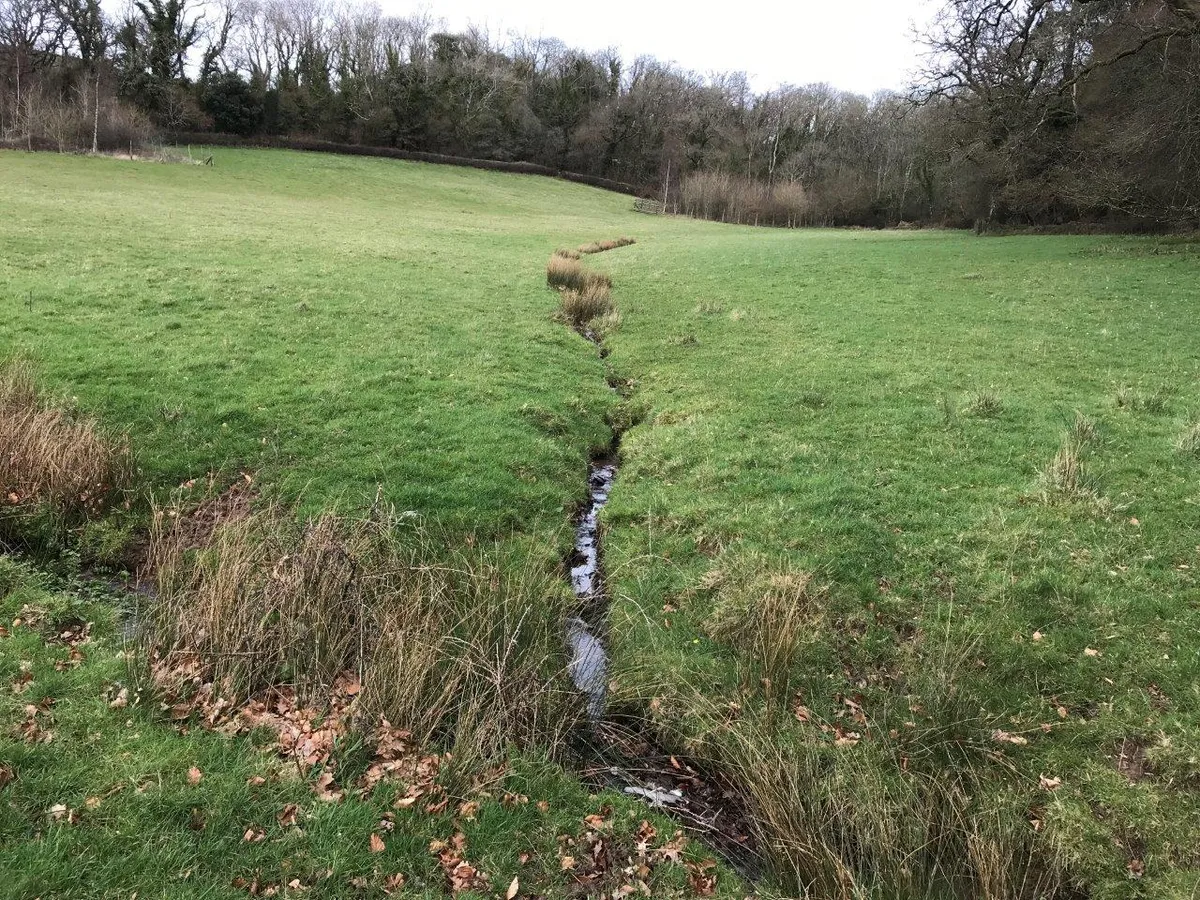A new scheme — part of conservation charity National Trust’s Riverlands project — aims to restore rivers, streams, brooks, and becks by slowing the flow of water.
Reverting the rivers to their more natural paths will slow the flow of water, as rivers have a natural tendency to meander rather than flowing through a single channel. In turn this will hold water in the landscape, reducing the risk of flooding and drought, and increase biodiversity by creating habitat for wildlife such as the endangered water vole.
Human intervention has often meant that river systems deviate from their natural flow, as Ben Eardley, project manager for the National Trust, explains: “Many streams and rivers have become disconnected from the surrounding landscape through years of land drainage and mechanised flood control.
“Over hundreds of years we have simplified and concentrated rivers into a single, straight channel that has over time become disconnected from the land around it.”
He continues: “Instead of storing water and depositing sediment, and recharging groundwater aquifers, these modified systems move water and sediment rapidly through the catchment, providing no buffer against floods, droughts or valuable top soil loss.”

National Trust aims to tackle these issues by first piloting the new approach to river restoration — known as ‘Stage 0’ — at Holincote Estate in Somerset, where work will begin on restoring a tributary of the River Aller near Exmoor.
Though not previously seen before in the UK, the project follows successful river projects in America, including in Oregon, where around 24 streams and rivers across the state were successfully restored. This has produced “remarkable benefits to river health, heritage, wildlife (including key species), sustainability and resilience” according to Professor and Chair of Physical Geography at Nottingham University Colin Thorne.
“The outcomes of these restoration projects in Oregon coincide with the aims of the ‘Riverlands’ project and it is really exciting that the first ‘Stage 0’ restorations in the UK are now being planned and implemented at the Holnicote Estate, as part of the ‘Riverlands’ project,” he continued.
The slower flowing of river systems in Oregon lead to multiple, smaller channels, pools, riffles, and wetlands, supporting a richer diversity of both animal- and plant-life. It is hoped that the same benefits will be seen in the UK using these methods.

The first stage of the project involves 10 acres of land including a tributary of the Aller River. Earth will be moved to allow a natural flow, allowing sediment and biological processes to develop a fully connected, stream-wetland system.
The charity then aims to ‘fast-track’ habitat restoration by bringing in wood debris and key plant species.
If the project proves to be a success on the initial 10 acres, the same methods will be applied across 33 acres on the River Aller itself.
Main image: Stream through Horner Wood, Holnicote Estate, Somerset. © National Trust.
